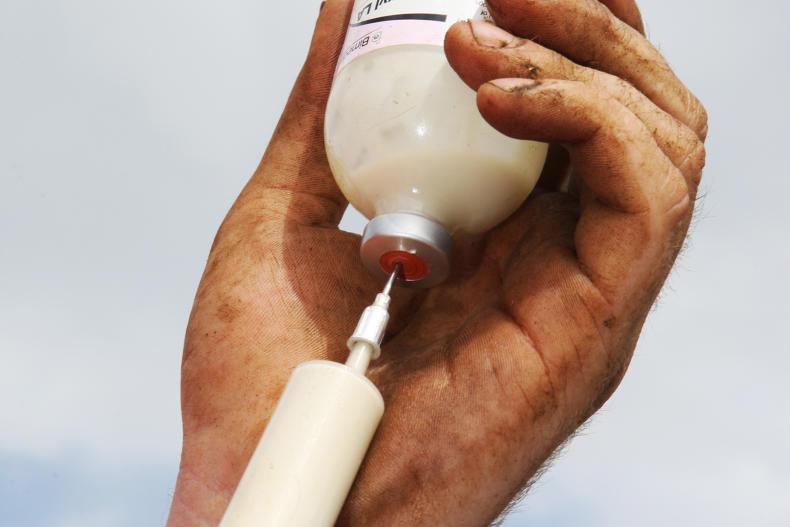A study has found antibiotic-resistant E coli in UK-origin pork and poultry in samples collected from the seven largest supermarkets in Britain.
The study was commissioned by the Alliance to Save our Antibiotics and released by the Soil Association.
One-hundred-and-eighty-nine samples were collected from the supermarkets and tested by scientists at Cambridge University.
Antibiotic-resistant E coli was found in the pork and poultry meat collected from all of the supermarkets sampled.
Concern
The intensive meat sectors are the main users because animals are kept in closed environments. Huge progress has been made in reducing the amount of E coli in meat, but achieving perfection is virtually impossible. Hence, the advice on thorough cooking of pork, chicken, mince and burger meat.
The Food Standards Agency in the UK is also addressing the issue of use of antibiotics in meat production and antimicrobial resistance (AMR).
Significant threat
Responding to a query from the Irish Farmers Journal, the body said: “AMR is a significant threat to public health in the future and consumer safety is a priority for the FSA. Working with others across government, and with food producers, we aim to reduce the use of antimicrobials in food production animals. An important part of that will be work with food manufacturers, assurance schemes and retailers to develop standards for the responsible use of antibiotics in poultry, pig and dairy sectors.
“We are already testing meats and other produce for AMR and these results will be published soon.”
What is the problem with antibiotics?
The problem with using antibiotics is that the more they are used, the less effective they become, with the term antibiotic resistant becoming part of the language. Dr Margaret Chan, director-general of the World Health Organisation, said at the UN in April of this year: “The rise of antimicrobial resistance is a global crisis, recognised as one of the greatest threats to health today. The threat is easy to describe. Antimicrobial resistance is on the rise in every region of the world. We are losing our first-line antibiotics. This makes a broad range of common infections much more difficult to treat … With few replacement products in the R&D pipeline, the world is heading towards a post-antibiotic era in which common infections will once again kill … This may even bring the end of modern medicine as we know it.”






 This is a subscriber-only article
This is a subscriber-only article










SHARING OPTIONS: